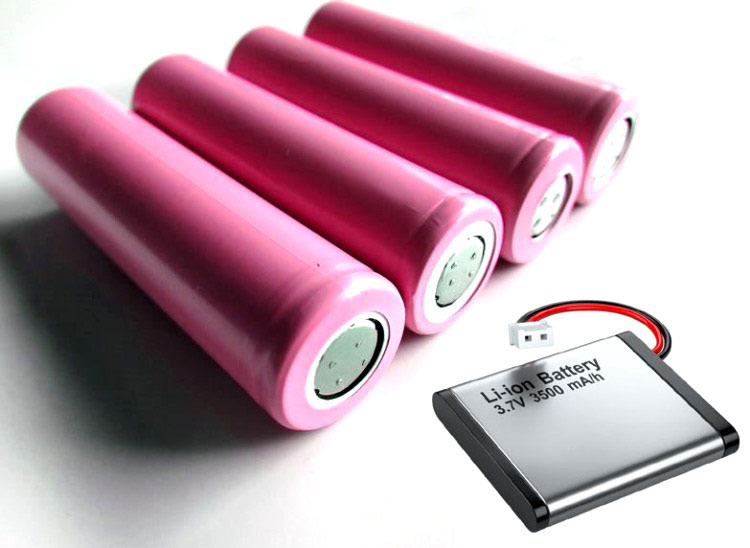
Lithium-ion batteries are a type of rechargeable battery that uses lithium ions as the main source of charge carriers. These batteries are widely used in portable electronic devices, such as laptop computers, mobile phones, and digital cameras. They are also used in electric vehicles and other large-scale applications.
Lithium-ion batteries offer a number of advantages over other types of rechargeable batteries, such as lead-acid batteries and nickel-cadmium batteries. These advantages include:
High energy density:
Lithium-ion batteries have a high energy density, meaning that they can store a lot of energy in a small space. This makes them ideal for use in portable electronic devices like laptops, mobile phones etc
Long lifespan:
Lithium-ion batteries have a long lifespan, meaning that they can be recharged many times before they need to be replaced. This makes them a cost-effective choice for use in a variety of applications.
Fast charging:
Lithium-ion batteries can be charged quickly, making them ideal for use in devices that need to be used for extended periods of time.
Low maintenance:
Lithium-ion batteries require little maintenance, making them a convenient choice for use in a variety of applications.
However, lithium-ion batteries also have some disadvantages, such as:
High cost:
Lithium-ion batteries are more expensive than other types of rechargeable batteries, such as lead-acid batteries and nickel-cadmium batteries.
Safety concerns:
Lithium-ion batteries can be a safety hazard if they are not properly manufactured or used. They can catch fire or explode if they are overcharged, short-circuited, or damaged.
Despite these disadvantages, lithium-ion batteries are the most popular type of rechargeable battery on the market. They offer a number of advantages over other types of batteries, and they are becoming increasingly affordable. As the technology continues to improve, lithium-ion batteries are likely to become even more widely used in a variety of applications.
Written by profT for Naijatipsland.com







![Grow 10 Pounds Of Potatoes In Just 30 Days With Plastic Containers [Video]](https://naijatipsland.com/wp-content/uploads/2024/11/466928459_444053232089974_5323815438965424433_n-100x56.jpg)


